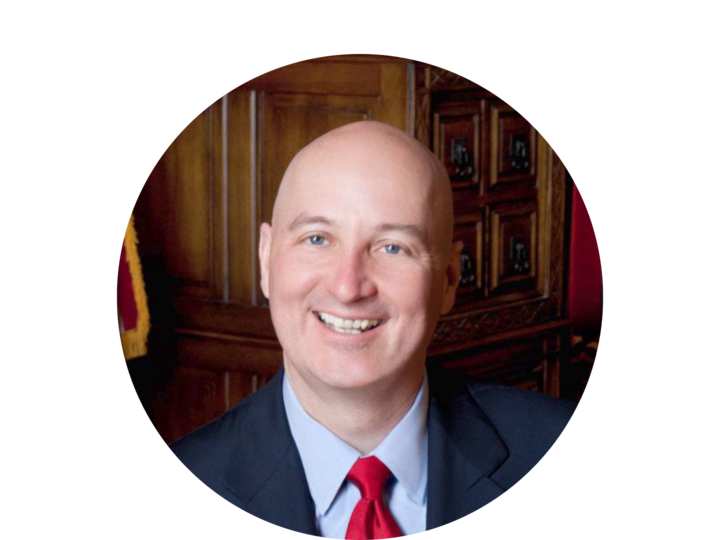MAKING TRADE RELATABLE
Unpacking the new developments and long-running trends reshaping global markets.
Submit a question for future episodes here.
Subscribe and listen from your mobile device:

Episode: 29 | May 16, 2022
Kate Francis
Gender Advisor, The Asia Foundation
Kate Francis, an independent consultant currently serving as a gender advisor at The Asia Foundation, explains the barriers that women face to economic empowerment, how they differ from place to place, and what kind of data we need to inform strategies that can make a difference. All views expressed by Francis in this podcast are her own.

Understanding Barriers to Women’s Economic Advancement
Trade policymakers at the World Trade Organization and elsewhere have begun to think about trade as an instrument that can improve gender equality across the world. What do they need to know to design trade agreements and rules that can help women? Kate Francis, an independent consultant currently serving as a gender advisor at The Asia Foundation, explains the barriers that women face to economic empowerment, how they differ from place to place, and what kind of data we need to inform strategies that can make a difference. All views expressed by Francis in this podcast are her own.
Episode 28: March 17, 2022
Jonathan Hackenbroich
Policy Fellow, European Council on Foreign Relations
Is Economic Statecraft the New Language of Great Power Politics?
What happens when trade rules can’t keep up with the consequences of global economic integration? Jonathan Hackenbroich of the European Council on Foreign Relations explains how countries leverage economic interdependence to apply political pressure in pursuit of a range of policy goals and why the World Trade Organization was not designed to reign in this behavior.
Listen Here
Episode 27: | August 19, 2021
Kathleen Claussen
Associate Professor, University of Miami School of Law
Trade Deals Under the Radar
This episode is dedicated to the trade deals you haven’t heard about. Sometimes called mini or skinny deals, over the last few decades the U.S. has made over 1,200 of these agreements. These deals cover a range of issues, vary in scope, are often not made public, and rarely go out of force. They have one thing in common: all are initiated by the Executive branch and enacted without a final “thumbs up” from Congress.
Listen Now
Episode 26: | June 16, 2021
Grant Aldonas
Former Under Secretary of Commerce for International Trade
Adjustment, Part 2: Rethinking Adjustment Assistance
Trade Adjustment Assistance is set to expire July 1, with no signs to date that Congress will soon act to renew it. Grant Aldonas is back on Trade Matters with part two on “adjustment.” Aldonas discusses Trade Adjustment Assistance and the components necessary for what he would call a true adjustment assistance program, one that addresses the broader challenge confronting workers and fosters nimbler and more proactive responses to change.
Listen Here
Episode: 25 | June 10, 2021
Grant Aldonas
Former Under Secretary of Commerce for International Trade
Adjustment, Part 1: Misdiagnosing the Problem of Economic Mobility
How do we adjust to a competitive global economy and define the challenges facing workers? Grant Aldonas, former Under Secretary of Commerce for International Trade, discusses what he calls a misdiagnosis of the problem, political constraints on changing the conversation, and the need to review domestic policies that can be obstacles to economic mobility. Part one of two on “adjustment.”
Listen Here
Episode: 24 | March 8, 2021
Phil Levy
Chief Economist, Flexport
How We Talk About Trade
Has the parlance of trade kept up with changes in the way trade actually happens? Phil Levy, Chief Economist at Flexport and former White House and State Department economic policy adviser, joins us to discuss this gap, why it exists, and how it relates to public expectations about what trade agreements can and should accomplish.
Listen Here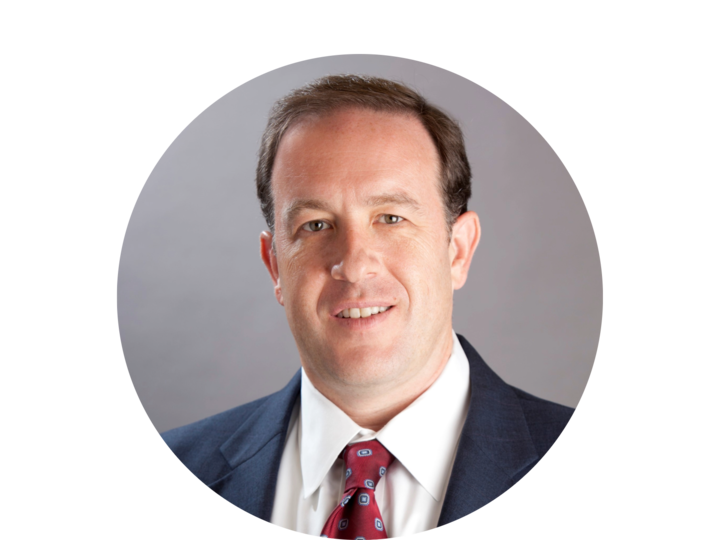
Episode: 23 | December 15, 2020
Catherine Novelli
President, Listening for America
Listening to Americans on Trade Policy
There is growing momentum around the effort to understand how Americans everywhere perceive the impact of trade policy and their role in international commerce. Catherine Novelli, President of Listening for America, draws on her experience as a trade negotiator and State Department official and recent conversations with over 1,000 Americans nationwide to discuss this trend.
Listen Here
Episode 22: | November 29, 2020
Renee Bowen
Director of the Center for Commerce and Diplomacy at UC San Diego
The WTO & Domestic Politics
When the U.S. loses a trade dispute at the World Trade Organization, how does that decision impact U.S. domestic politics and electoral outcomes? Economists and political scientists are teaming up to propose a new research agenda to examine risks facing international economic institutions and connections to domestic politics. Renee Bowen, Professor of Economics and Director of the Center for Commerce and Diplomacy at UC San Diego, discusses what she and colleagues have learned so far and where they believe there are still gaps in the research.
Listen Here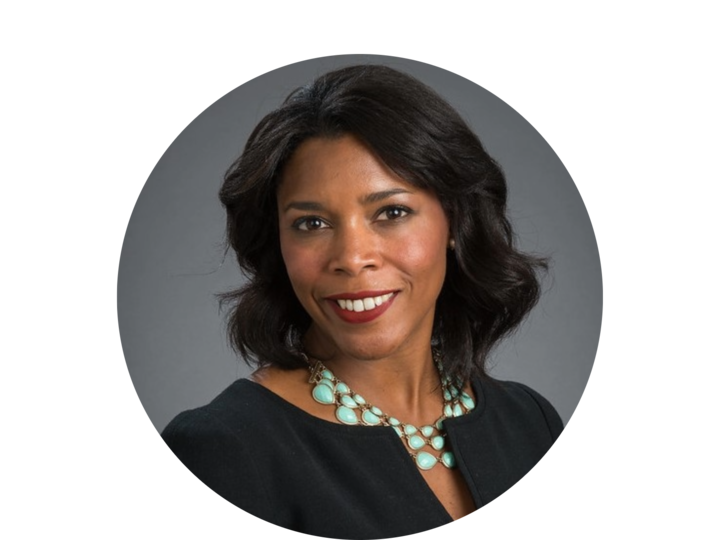
Episode 21: | November 17, 2020
Wendy Cutler
Vice President, Asia Society Policy Institute
Engagement in the Asia-Pacific and What's Next for U.S. Trade Policy
How the U.S. should engage in the Asia-Pacific region will be high on the trade policy agenda for the incoming Biden administration. Wendy Cutler, Vice President of the Asia Society Policy Institute, draws on her long career as a U.S. trade negotiator to explain what’s at stake in the region, what the future may hold for U.S.-UK and U.S.-Kenya trade negotiations now underway, and how CPTPP member countries view the potential return of the United States to the agreement.
Listen Here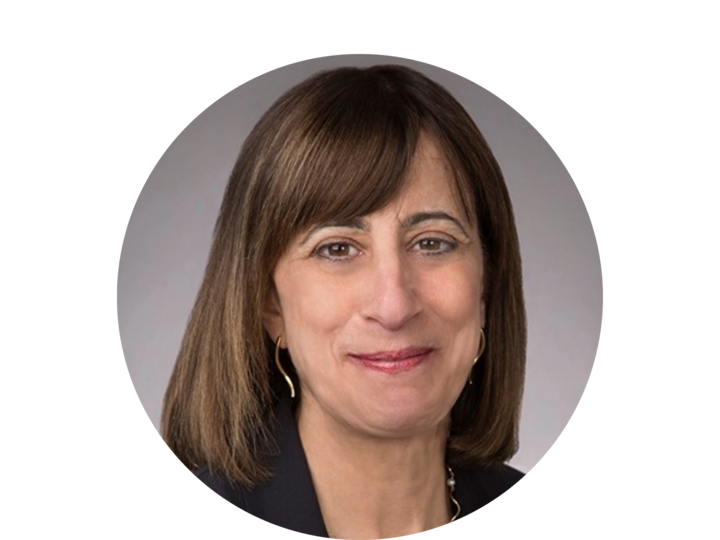
Episode: 20 | October 29, 2020
Clete Willems
Partner, Akin Gump
Revitalizing the WTO
The world trading system is at a turning point, and the role of the World Trade Organization is at the center of the discussion. Clete Willems, Washington lawyer and former White House trade advisor, makes the case for reforming the WTO across all three of its pillars: negotiations, implementation and monitoring, and dispute settlement, and points to a critical alliance to move the system forward: the US and EU.
Listen Here
Episode: 19 | October 14, 2020
Dan Anthony
Vice President, The Trade Partnership
A Ticking Clock on GSP
U.S. small businesses are major beneficiaries of the Generalized System of Preferences (GSP), a U.S. program that allows eligible developing countries to export certain products to the U.S. duty-free to spur economic growth in those countries. The program expires on December 31, 2020. Dan Anthony of The Trade Partnership and Coalition for GSP discusses the rationale for GSP, the issues at hand for Congress, and what’s at stake if it expires.
Listen Here
Episode: 18 | September 29, 2020
Admiral James Stavridis
Operating Executive, Carlyle Group
Power, Prosperity and the Sea
Most global trade in goods moves by sea—but what makes that possible? U.S. Navy Admiral (Ret.) James Stavridis walks through the global network of naval forces that supports international trade and discusses the linkages between this system and national security, power and prosperity.
Listen Here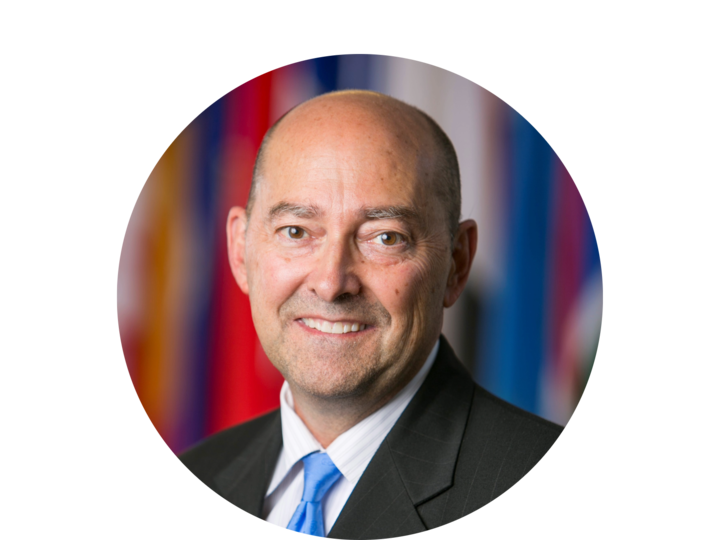
Episode: 17 | September 15, 2020
Ambassador Gregg Doud
U.S. Chief Agricultural Negotiator
Is Agriculture a Bright Spot in US-China Relations?
In the US-China Phase One Deal, China agreed to make 57 structural changes that improve market access for agricultural goods. The majority of those changes have been implemented. U.S. Chief Agricultural Negotiator Ambassador Gregg Doud discusses the significance of these changes, what it took to reach an agreement, and why he describes the deal as “historic.”
Listen Here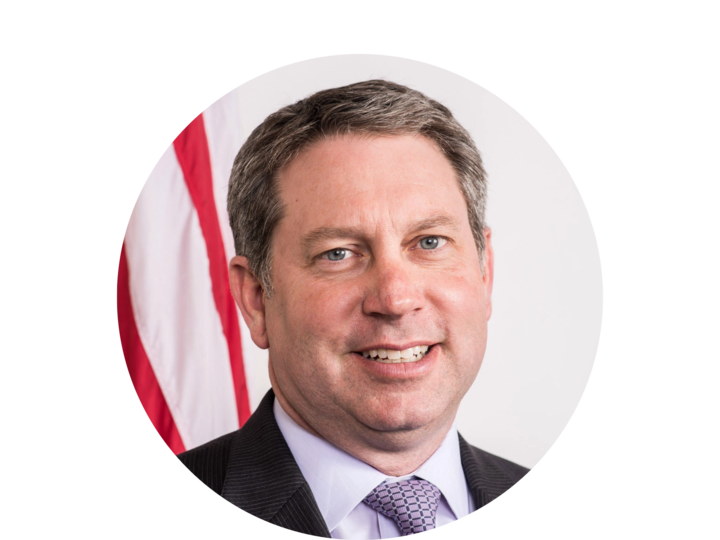
Episode: 16 | June 2, 2020
Salman Ahmed
Senior Fellow at the Carnegie Endowment for International Peace
A Closer Look: Nebraskans on U.S. Foreign Policy
Salman Ahmed, senior fellow at the Carnegie Endowment for International Peace and project editor of a new report on Nebraskans’ views of foreign policy, discusses the report takeaways—including what surprised him most about Nebraska. The project was designed to test assumptions about how U.S. foreign policy interacts with the economic wellbeing of the middle class and bring heartland voices to a debate that is typically influenced by coastal cities.
Listen Here
Episode: 15 | May 12, 2020
Kellie Meiman Hock
Managing Partner at McLarty Associates
Countdown to USMCA
Kellie Meiman Hock, Managing Partner at McLarty Associates, walks through the challenges in the run-up to USMCA’s entry into force on July 1, including the deal’s rules for the auto industry, labor provisions, and U.S.-Mexico differences over how to define what is an “essential business.”
Listen Here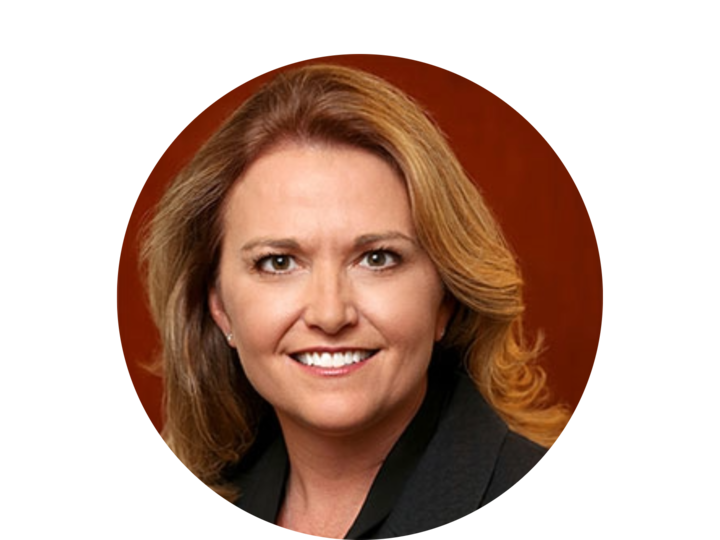
Episode: 14 | April 28, 2020
Darci Vetter
Vice Chair of Agriculture, Food and Trade at Edelman and former U.S. Chief Agricultural Negotiator
COVID-19 and the Food Supply Chain
Darci Vetter, Vice Chair of Agriculture, Food and Trade at Edelman and former U.S. Chief Agricultural Negotiator, explains why food security depends on the free global movement of food, how COVID-19 has impacted food supply chains, and how protectionist actions can backfire. She also discusses the U.S.-China Phase One trade deal and raises an issue in U.S.-Mexico-Canada trade that she believes looms even larger than USMCA implementation.
Listen Here
Episode: 13 | April 14, 2020
David Morfesi
Director of International Trade at MinterEllison
Trade and COVID-19
David Morfesi, director of international trade at MinterEllison, discusses the relationship between global health and trade, including the role of trade experts at the WHO, how countries use trade measures differently during public health crises, and why the reaction to the Covid-19 pandemic will be as unprecedented as the event itself.
Listen here
Episode: 12 | March 30, 2020
Carl Pilon
Senior Trade Commissioner, Consulate General of Canada
U.S.-Canada Trade and What’s Next for the USMCA
Carl Pilon, Senior Trade Commissioner at the Consulate General of Canada in Minneapolis, explains the role of Canadian trade commissioners in the U.S.-Canada trading relationship and what’s next for USMCA implementation.
Listen Here
Episode: 11 | March 17, 2020
Douglas Lippodt
Chief Trade Economist at HSBC Global Research
U.S.-EU Trade and Agriculture
Dr. Douglas Lippoldt, Chief Trade Economist at HSBC Global Research in London, explains why the U.S. and EU are each other’s largest trade and investment partners despite never having negotiated a free trade agreement.
Listen Here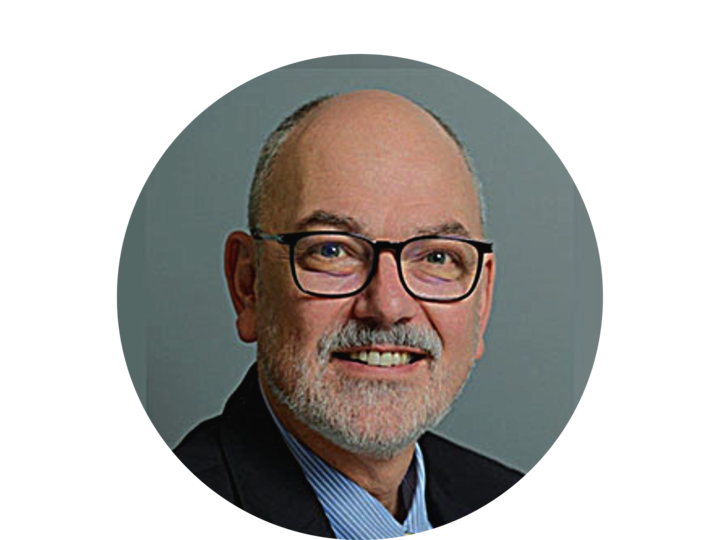
Episode: 10 | March 2, 2020
Dr. Christine McDaniel
Mercatus Center Senior Research Fellow
What Trade Statistics Can—and Can’t—Tell Us
Mercatus Center Senior Research Fellow Dr. Christine McDaniel explains why traditional trade statistics have not kept up with changes in how trade actually happens—and how this can distort our understanding of trade.
Listen Here
Episode: 9 | February 17, 2020
Michael Plummer
Eni Professor of International Economics, Johns Hopkins SAIS
What’s Going on in Asia?
Michael Plummer, Eni Professor of International Economics at the Johns Hopkins School of Advanced International Studies (SAIS) and director of SAIS Europe, discusses all things Asia.
Listen Here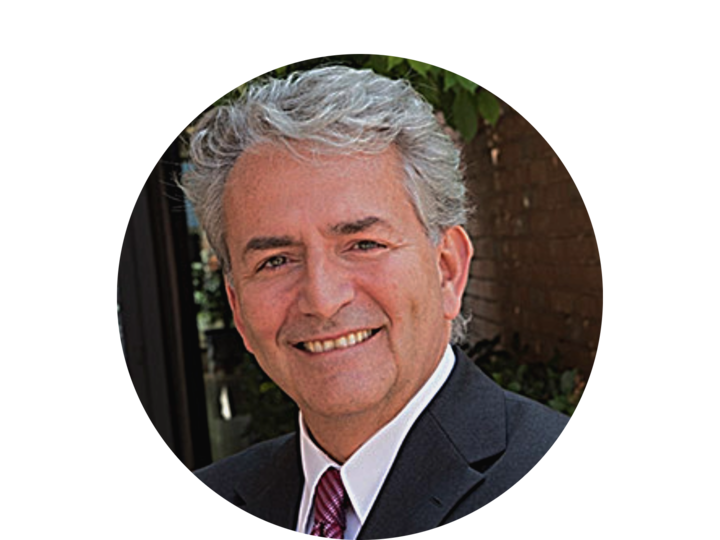
Episode: 8 | February 3, 2020
Andrea Durkin
Editor-in-Chief TradeVistas.org
U.S. Leadership and the U.S.-China Phase One Deal
TradeVistas.org Editor-in-Chief Andrea Durkin dives into the U.S.-China Phase One deal, explaining why she believes it is an example of U.S. leadership at its best and how it may help U.S. agriculture over the long term.
Listen Here
Episode: 7 | December 2, 2019
Kenneth Smith Ramos
Mexico’s lead negotiator on the U.S.-Mexico-Canada Agreement (USMCA)
USMCA: A View From Mexico
Kenneth Smith Ramos, who served as Mexico’s lead negotiator on the U.S.-Mexico-Canada Agreement (USMCA), explains how Mexico approached the negotiation and walks through one of the major sticking points that has held up the pact’s consideration by the full U.S. House of Representatives: labor provisions and how they would be enforced.
Listen Here
Episode: 6 | November 18, 2019
Katrin Kuhlmann
Visiting Professor at Georgetown University Law Center and President and Founder of New Markets Lab
Trade, Development, and New Trends in International Law
Katrin Kuhlmann, Visiting Professor at Georgetown University Law Center and President and Founder of New Markets Lab, discusses a region where she sees unprecedented levels of enthusiasm around harnessing trade’s potential to boost economic growth: Africa.
Listen Here
Episode: 5 | November 4, 2019
Bruce Hirsh
Founder of Tailwind Global Strategies and former Legal Advisor to the U.S. Mission to the World Trade Organization
Why is there a Crisis at the World Trade Organization?
Bruce Hirsh, founder of Tailwind Global Strategies and former Legal Advisor to the U.S. Mission to the World Trade Organization, explains why the World Trade Organization’s highest appeals court—the Appellate Body—may cease to function as of December 11, 2019, and why it matters.
Listen Here
Episode: 4 | October 21, 2019
Chuck Hagel
former Senator & Sec. of Defense
War, Peace and Trade
Chuck Hagel, former U.S. Senator from Nebraska and U.S. Secretary of Defense, explains why he thinks “trade war” is not an accurate or useful way to describe recent trade dynamics between the United States and trading partners.
Listen Here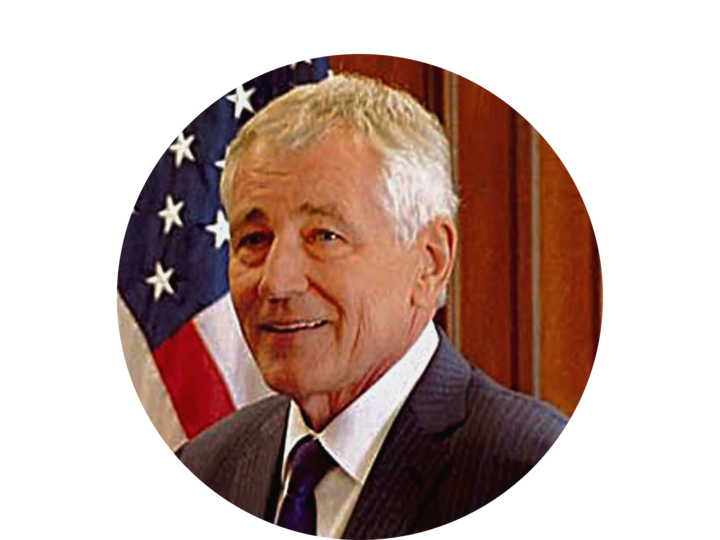
Episode: 3 | October 7, 2020
Michael Salerno
Vice President of Global Banking for First National Bank of Omaha
A Global Banker’s View of Trade
Michael Salerno, VP of Global Banking for First National Bank of Omaha, discusses how trade policy changes impact risk dynamics in global banking.
Listen Here
Episode: 2 | September 23, 2020
Edward Alden
Ross Distinguished Visiting Professor, Western Washington University & Senior Fellow, Council on Foreign Relations
Trade Policy Today: What’s New and What’s Not
CFR Senior Fellow and Visiting Professor at Western Washington University Edward Alden puts today’s trade policy dynamics in historical perspective
Listen Here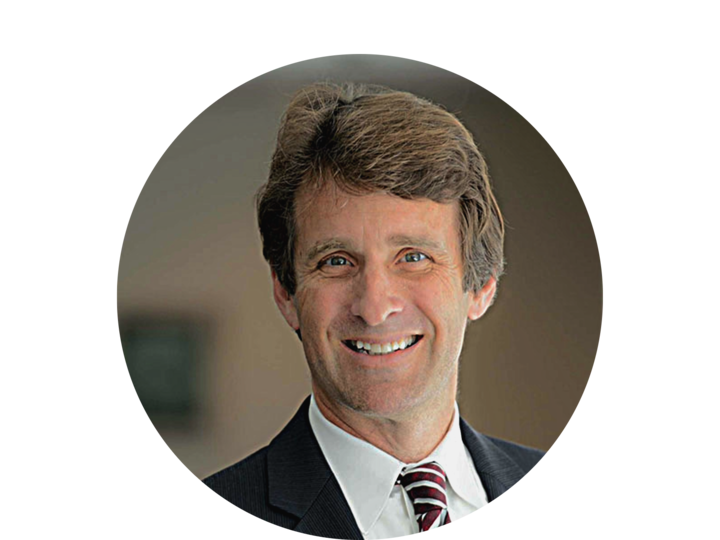
Episode: 1 | September 4, 2019
Governor Pete Ricketts
Governor of Nebraska
A Governor's View on Trade
Nebraska Governor Pete Ricketts discusses how he weighs in with Washington on trade policy, where he sees opportunities for Nebraska exports, and how he strategizes for trade missions.
Listen Here